It’s hard to overstate how influential Demon’s Souls has been since it was first released 15 years ago. FromSoftware’s PS3 exclusive began life as a niche classic in Japan, but slowly gained a cult following thanks to word-of-mouth, while growing imports eventually convinced Sony to spring for an official localisation. And the rest is history.
Demon’s Souls came along at the perfect time when modern video games were settling into a predictable rhythm of annual shooter blockbusters and action-adventures that seldom tried to challenge players in fear of turning them away. The medium’s embrace by mainstream pop culture came at the cost of difficulty and discovery, and FromSoftware countered with a love letter to the era while carving its own path forward. Demon’s Souls wasn’t expected to be a success, and this apathy on behalf of its creators helped cement its legacy.
Why Was Demon’s Souls Such An Influential Game?
Director Hidetaka Miyazaki, who in the years since Demon’s Souls has become an industry titan on the same level as Hideo Kojima and Shigeru Miyamoto, aimed to create a grim and unforgiving fantasy adventure. Instead of holding the player’s hand, he tore it off, kicked us in the face, and sent us crawling across the room to fetch our freshly discarded limb.
This philosophy is clear in its opening moments. You create a character and awaken within a strange mediaeval castle with no idea how to attack, defend yourself, or even move. You are instead encouraged to use your instincts as you slowly but surely learn controls and ways to survive in a world that can swallow you whole at any moment. There is a timely accuracy to animations that demand you are smart about attacking and dodging. Every little action you perform could save your life or doom you to oblivion.
I found myself hitting the infamous wall with Demon’s Souls, finding it too hard and too esoteric to appreciate until I finally broke through. After that, I never looked back.
You are meant to die. Again and again, as you learn what dangers the land of Boletaria holds in its hands. The idea of losing everything you worked for upon death and having just one try to regain your hard-earned spoils was unfathomable at the time, and to a lot of players, the dealbreaker that cemented Demon’s Souls as a game that wasn’t for them, and never will be. But that was only because we weren’t prepared to challenge ourselves or to accept the design intentions of a game that wanted us to discover its world and master its mechanics by pushing ourselves to the limit.
Demon’s Souls was so groundbreaking that not only did it spawn Dark Souls and its sequels, but clever expansions on the formula with classics Bloodborne, Sekiro, and Elden Ring, with the latter being one of the biggest and most critically lauded games ever. It took a lot for FromSoftware to convince the masses of its magic, but it was worth it. There is so much juice in the fruits of Demon’s Souls that Miyazaki is still taking advantage of them to this day, and I can’t wait to see what the director does next.
And Why Did So Many People Seek To Emulate Demon’s Souls?
The arrival of Demon’s Souls and its eventual mainstream success was a wake-up call for the industry. A reminder that challenge was something audiences were willing to embrace, and how an unforgiving range of gameplay mechanics and world design could be used as effective storytelling tools.
Demon’s Souls and games like it are so immersive because you come to learn their gameplay and level design so intimately. Because you keep on dying and trying again and again to emerge victorious. Combine that with esoteric storytelling and enemy designs that feed into lore and your exact role in each game, and it only gets better.
Sony ignoring the success of Demon’s Souls and letting the rights of future titles fall to Bandai Namco is a fumble that few can match in modern video games.
Kratos and World Serpent, God of War (2018)
Games like The Surge, Mortal Shell, Dead Cells, Ashen, Lies of P, Hollow Knight, and many, many others are either carbon copies of the FromSoftware formula or at the very least use it as their foundations. It is fascinating to look back on the decade and change since its release and try to figure out exactly how different the landscape would be if Hidetaka Miyazaki wasn’t given a chance. How would triple-A, indie, and our attitude to playing and appreciating difficult games and the worlds they take place be if things were even a little bit different?
It’s also interesting to look at blockbusters like God of War and Assassin’s Creed, which are unique in their own right, but evidently influenced by the combat and exploration of titles like Demon’s Souls. You learn from the very best, and FromSoftware formed a new bedrock of innovation for studios to draw from that is still going strong. Its formula is the perfect means to create new worlds while providing us with nuanced ways to explore and appreciate them.
When Bluepoint’s 2020 remake came along, it was a reminder of how timeless Demon’s Souls truly is. While Dark Souls, Bloodborne, and Elden Ring have iterated on its formula over the years, its core loop of exploration, combat, and curiosity remains unmatched. As it celebrates its 15th anniversary, it’s hard to ignore how special this game really is.
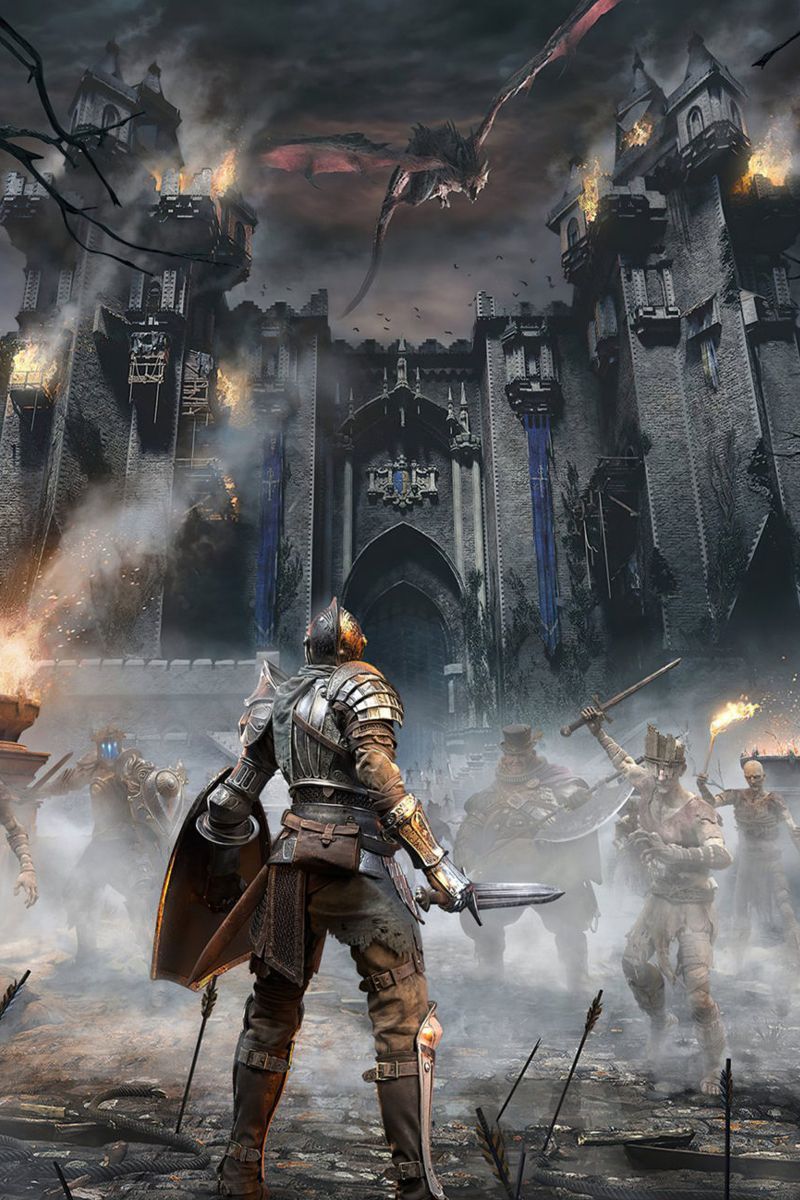
Dark Souls is a ground-up remake of the FromSoftware classic by Bluepoint Games, launched exclusively on PlayStation 5 in 2020. It improves on the original, and sets the tone for a lot of the Soulslike games that would become massively popular.


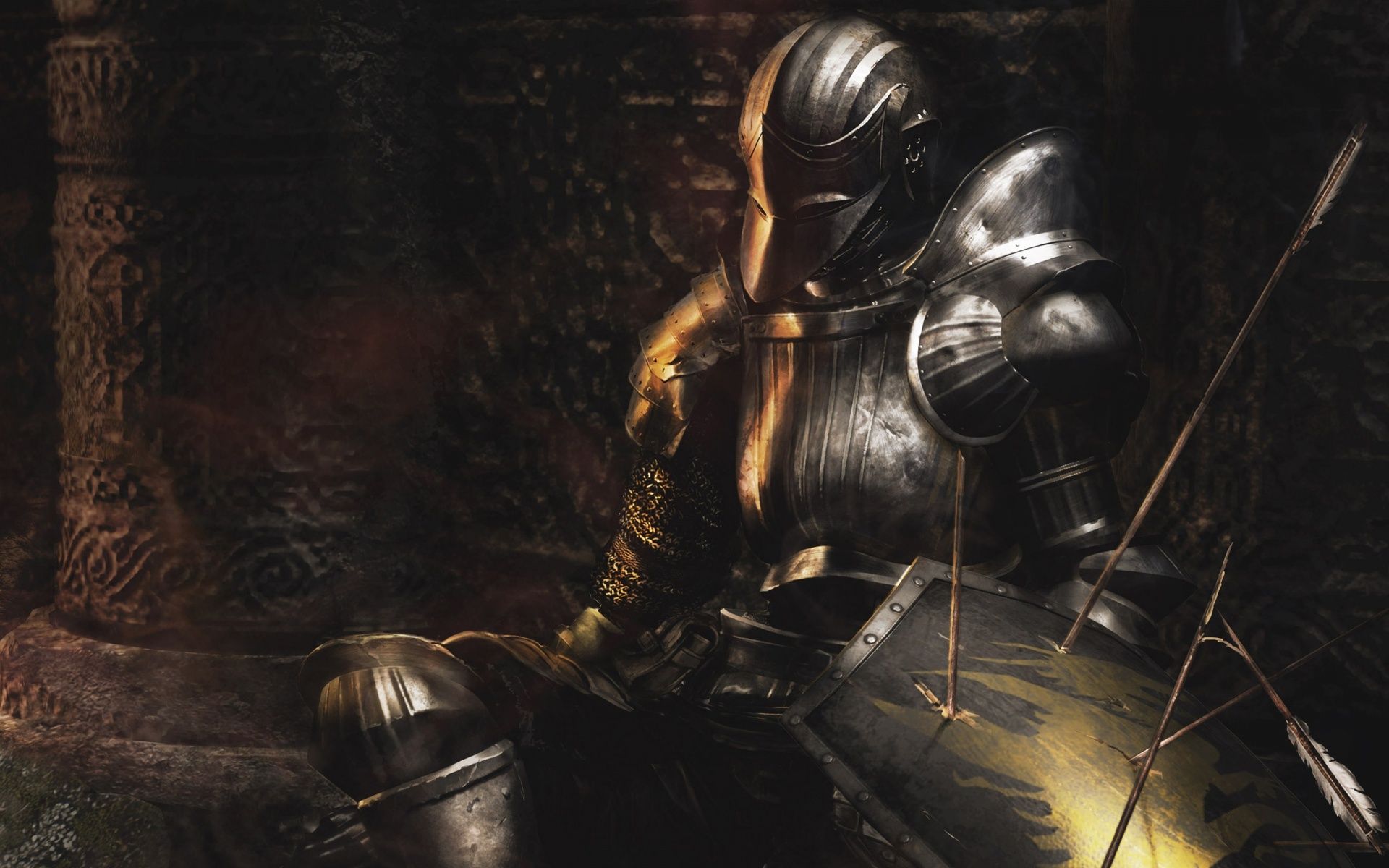
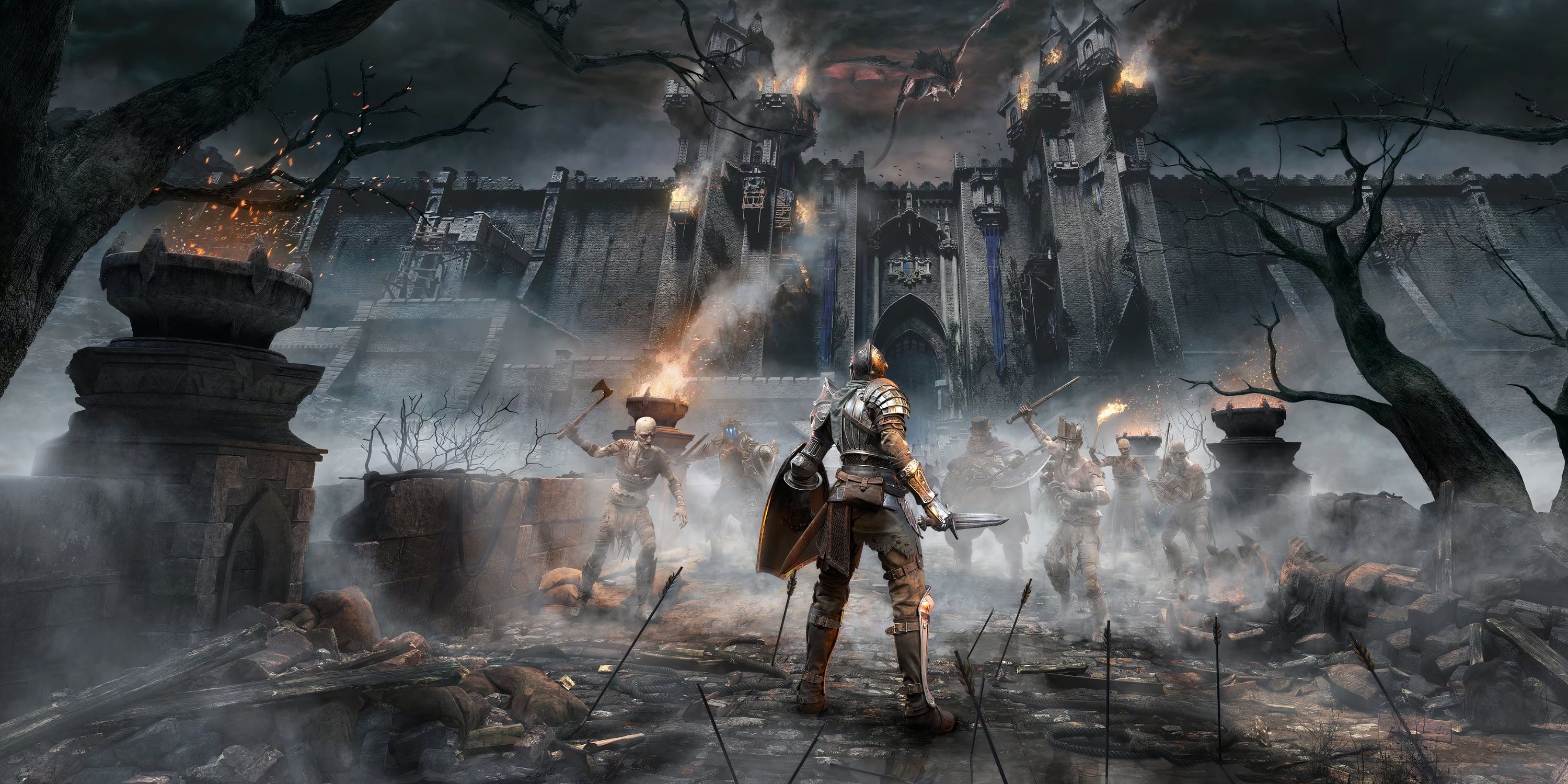
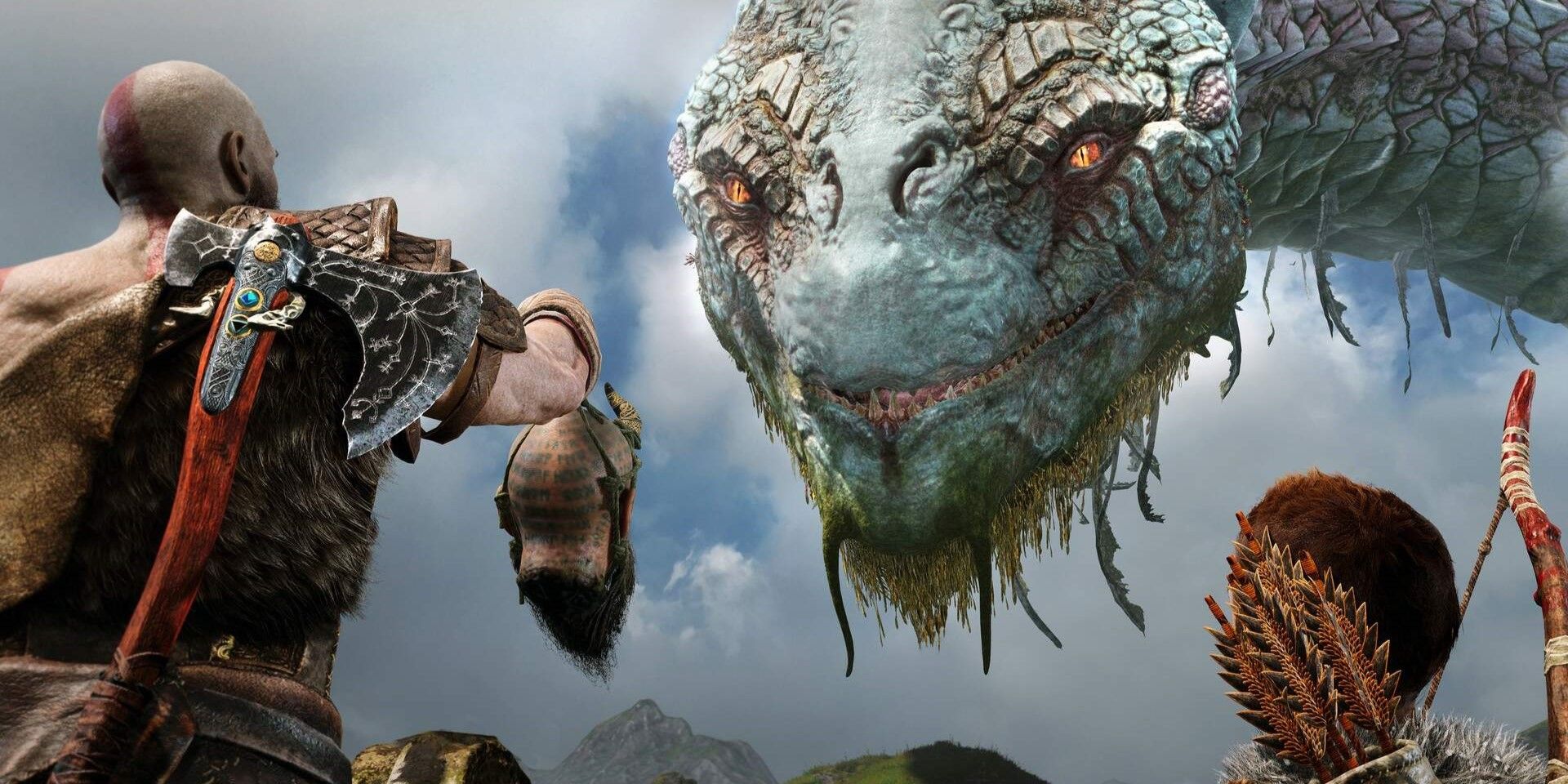
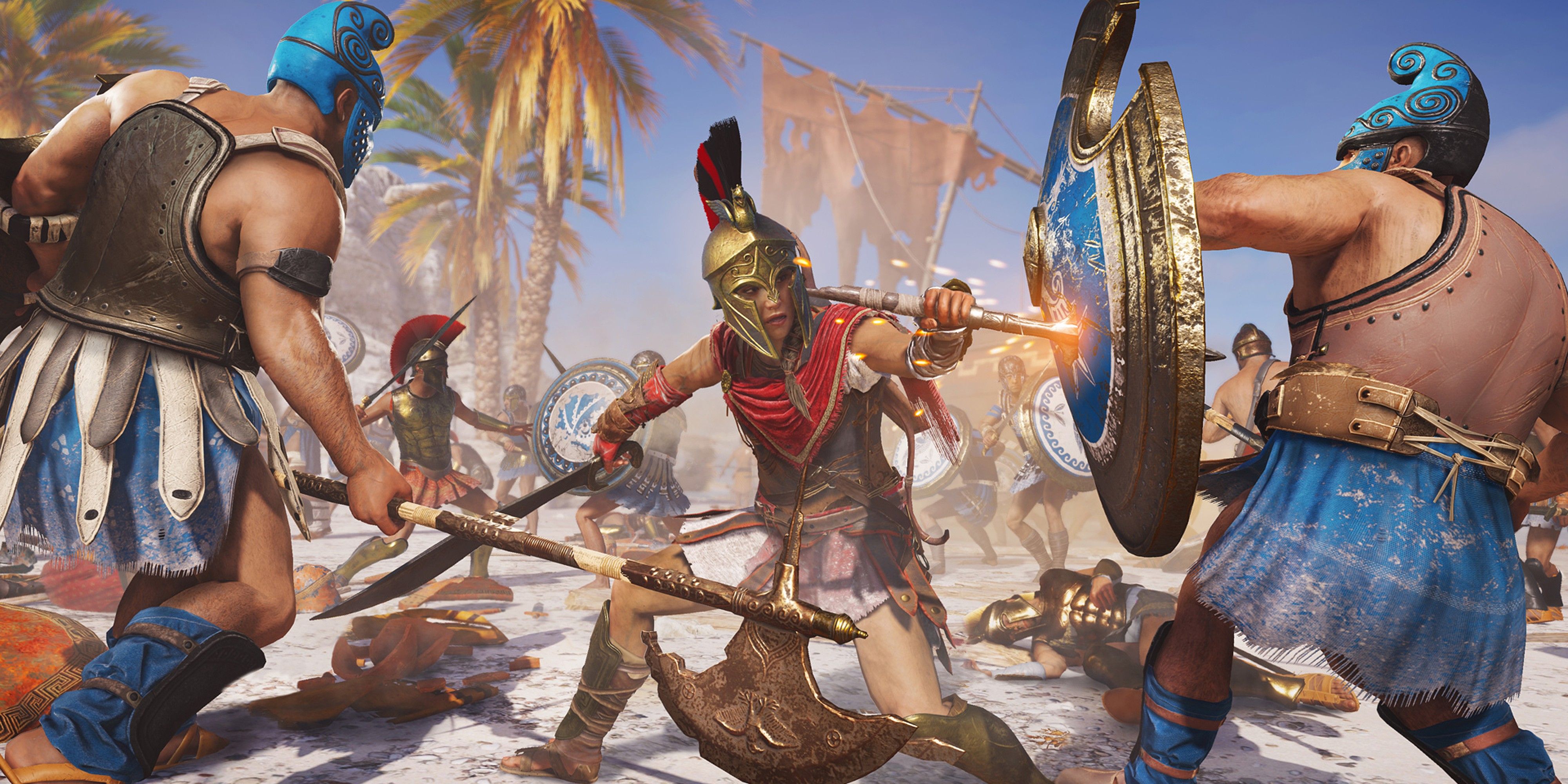





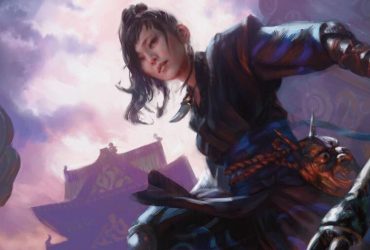



Leave a Reply